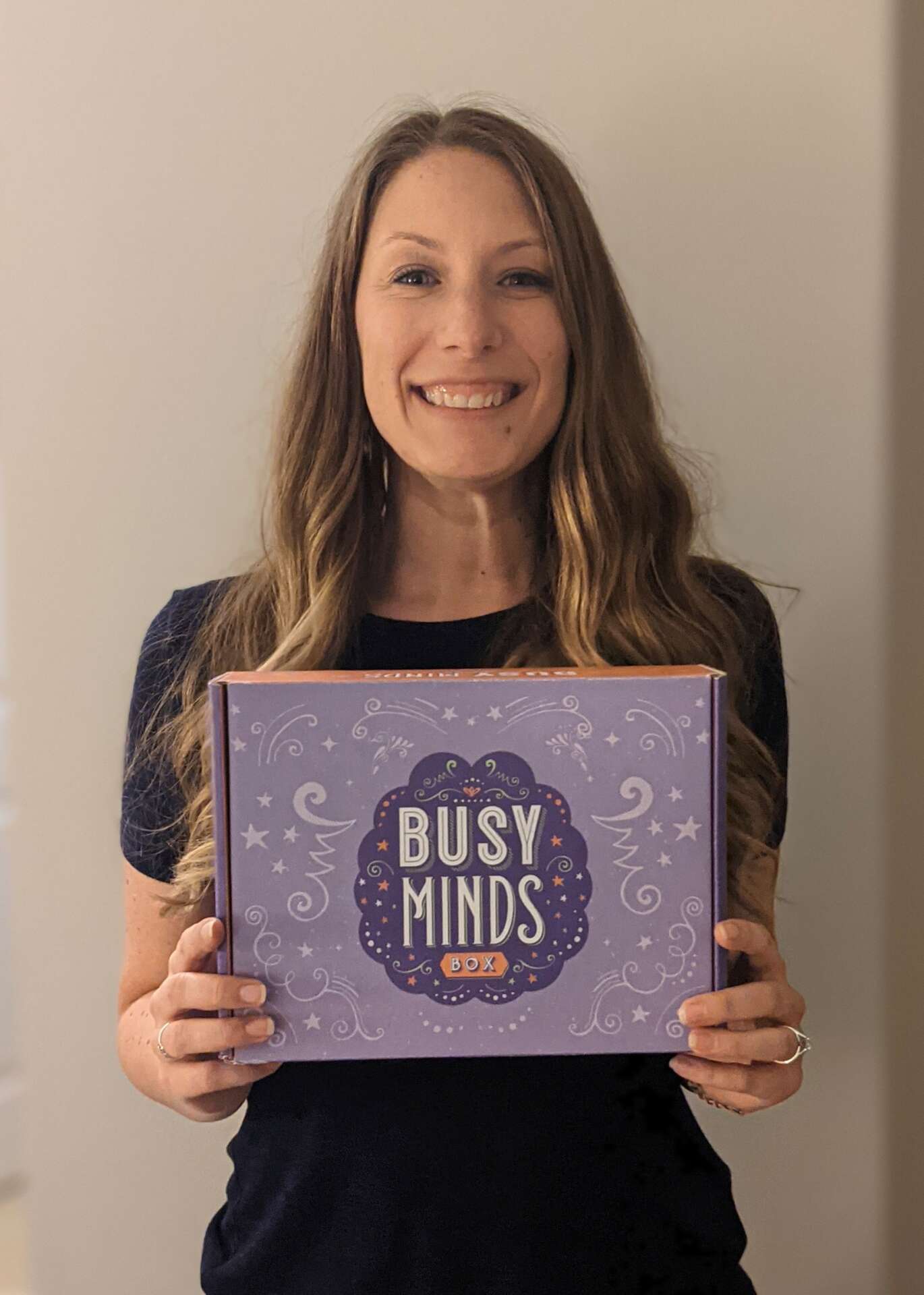We’re excited to introduce you to the always interesting and insightful Kristina Lubofsky. We hope you’ll enjoy our conversation with Kristina below.
Kristina, looking forward to hearing all of your stories today. Let’s kick things off with your mission – what is it and what’s the story behind why it’s your mission?
Thanks so much for the opportunity to chat with you! My mission involves three people I love dearly who can’t remember my name.
Back in 2016, my Grandma Eileen blew through a stop sign and T-boned another car. She didn’t even see it, and she certainly didn’t think the accident was her fault. She was diagnosed with Alzheimer’s disease and vascular dementia shortly thereafter.
In 2019, Grandpa Fred asked my mom, his eldest daughter, to start paying his bills. He was such a meticulous man who spent the better part of his career working with numbers on a daily basis. It was a major red flag, and after a series of tests, he was diagnosed with Alzheimer’s.
Grandma Carol spent her time knitting, baking, reading, and providing care for Grandpa Fred. But she started yelling more often than she spoke normally, even turning to violence on a few occasions. She was rushed to the ER on Christmas Eve of 2020 with COVID-19, and her behavior after the hospital stay got even worse. Grandma Carol received her Alzheimer’s diagnosis just days before her husband of 64 years, Grandpa Fred, died of the same disease.
These three humans shaped my life, but they don’t remember doing it. I would love to talk to them about what I was like as a child, or even what they were like as children. I’d love to hear stories about their parents, or how they built lives as parents. Now that I’m getting older, I want to know more about my family history.
But I can’t. Because Alzheimer’s disease stole that away from all of us.
It didn’t just deprive them of their memories, behaviors, and daily activities. It deprived their children and grandchildren of the memories they should have been able to share with us.
Grandma Carol’s diagnosis left her confused, scared, bored, and lonely. My mission became helping to educate others about dementia and advocating for better brain health. It inspired Busy Minds, a monthly subscription activity kit designed to promote brain health and quality of life in older adults, with or without a dementia diagnosis. Each month, we dive into a new theme with activities and products designed to target different areas of the brain.
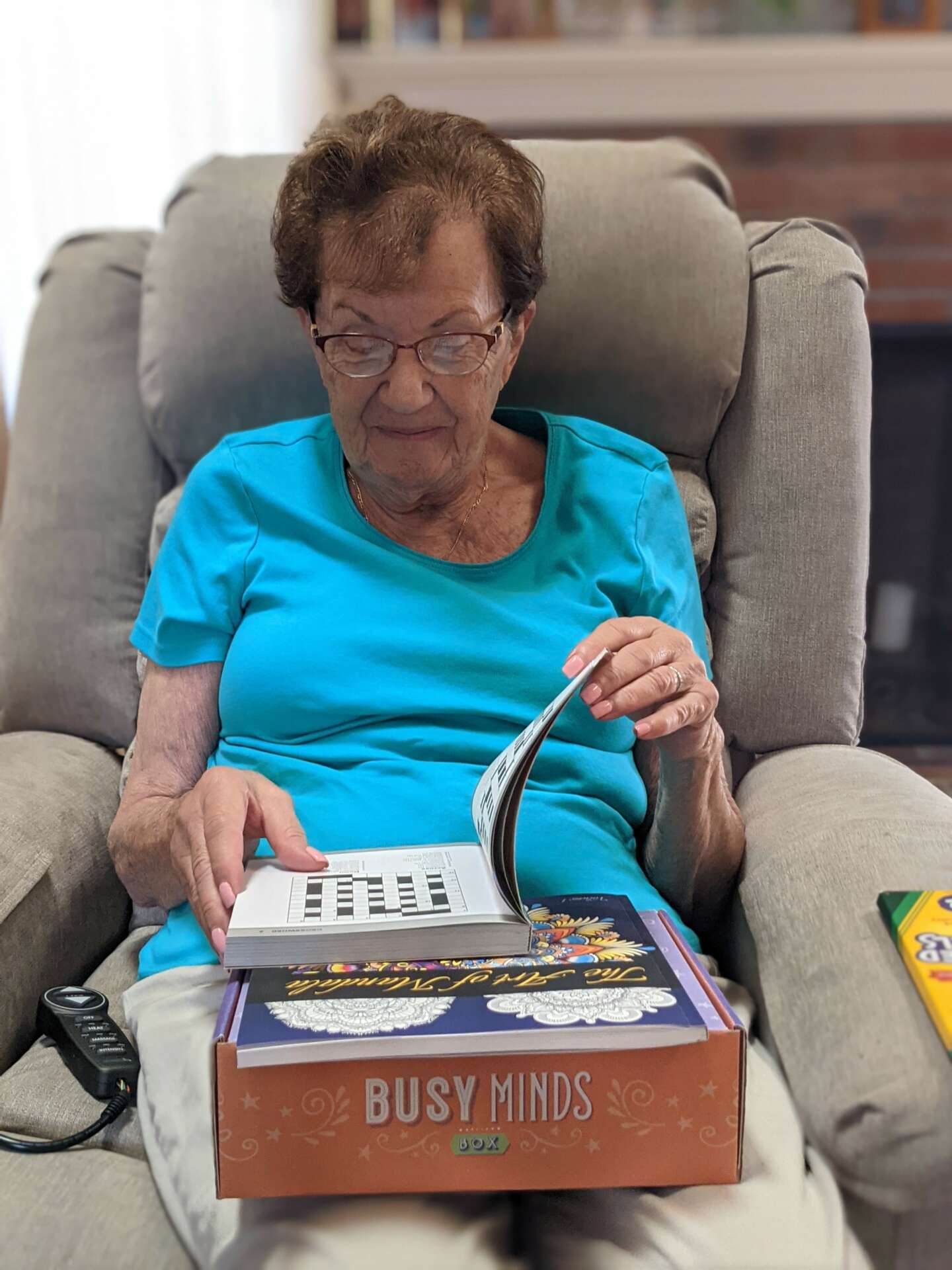
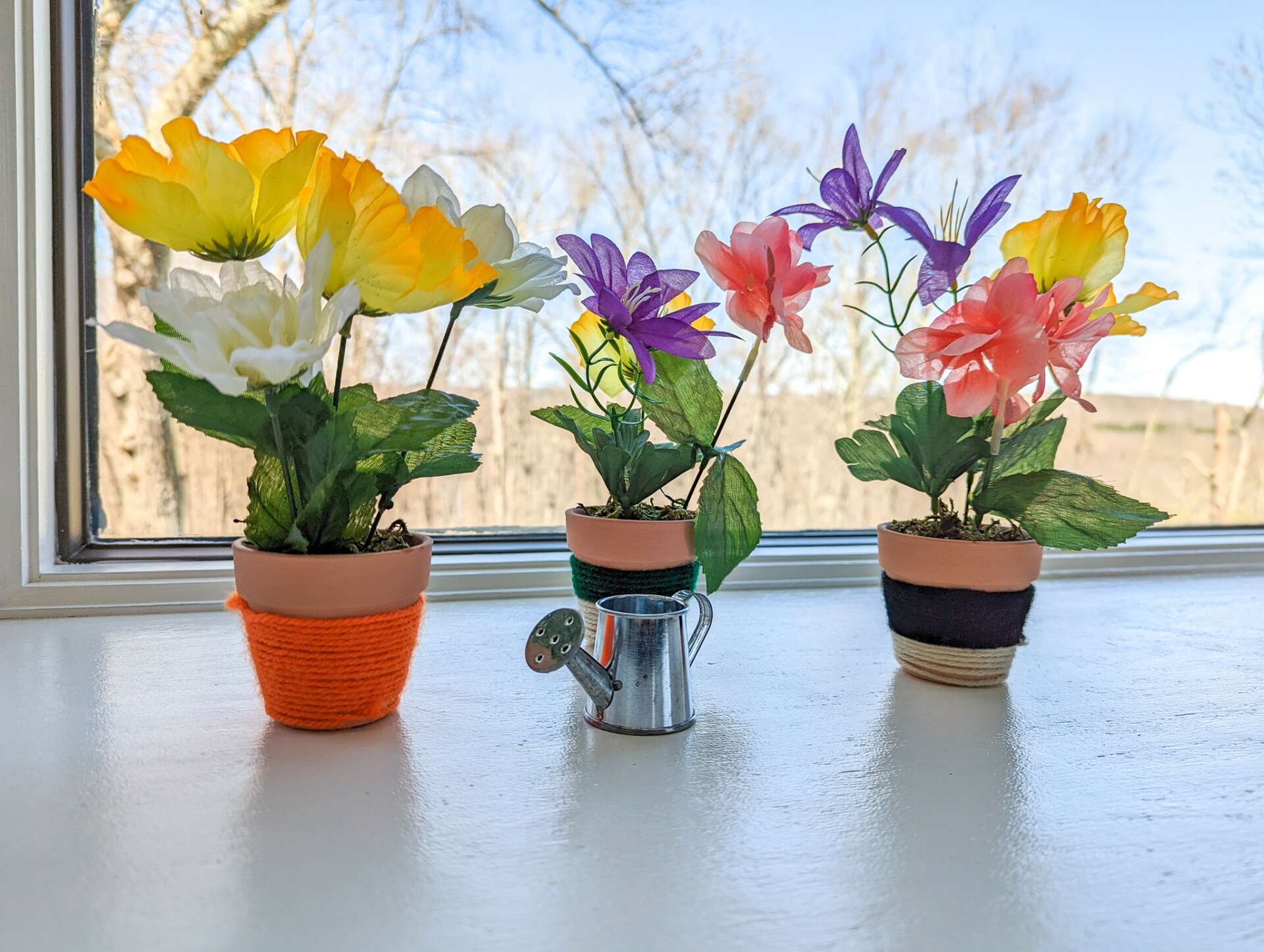
Kristina, before we move on to more of these sorts of questions, can you take some time to bring our readers up to speed on you and what you do?
I had been seriously thinking about switching career paths after Grandma Eileen’s diagnosis. I quit my job as an editor to pursue a Master’s degree in gerontology (the study of aging). I’ve always loved working with the older adult population, and I originally thought I’d be working toward improving health literacy for older adults. But after the second and third diagnoses of Alzheimer’s in my family, I felt pulled to advocate for better brain health.
I learned we control up to 40% of the risk for developing cognitive decline through our lifestyle choices, like the food we consume, how much we exercise, and how much we keep our brains active. I want to help people take that control while improving their quality of life. Research shows that incorporating a variety of different activities into our days can target different areas of our brains, so each month includes a variety of arts and crafts, puzzles, games, and activities where we put our brains to work in a fun and engaging way.
No one should have to go through what my family has gone through – three times over – but the reality is that Alzheimer’s disease will touch all of our lives at some point. Our population is aging at a fast rate, and age is the #1 risk factor for Alzheimer’s disease. One in nine people over the age of 65 has Alzheimer’s, and one in three die with dementia. Caregivers face an unimaginable burden, because a person with the disease slowly loses all their abilities over time, so it’s left to loved ones to do what they can’t.
With Alzheimer’s, your brain is basically dying before your body is ready to. We need to control what we can, and these activity kits provide a fun and easy way of doing that. There are hours of activities packed into each month’s kit, and since it’s a subscription service, all a person needs to do is sign up. We take care of the planning, and it’s automatically billed monthly until you cancel.
If I can help just one person reduce their risk of cognitive decline, or even just extend their quality of life a little longer without a dementia diagnosis, I consider it a success.
How about pivoting – can you share the story of a time you’ve had to pivot?
I was working in the pharmaceutical advertising space. They feed you this narrative that what you’re doing is “making a difference in the lives of patients” but it never really felt like it. We produced all types of marketing materials – websites, emails, banner ads, brochures you get at the doctor’s office, etc – but it never felt like I was making an impact by finding typos on the tenth round of a flyer. We were constantly fielding impossible demands from cranky clients, which meant that we were sometimes working 15-18 hours a day. I went through a stretch of working 15-hour days for three weeks straight, weekends included. It was so unhealthy, and in “making the lives of patients better”, they made a patient out of me. I constantly suffered from migraines and my anxiety was through the roof. I do not cry often, but one day I found myself in tears walking down Lexington Avenue just at the thought of walking into work. I knew it was time for a change, so when I had a spare moment that day, I started researching other career paths. A few days later, I applied for the Gerontology program at McDaniel College, quit my job a month later, and it has been the greatest decision of my career. Now, I genuinely feel like I am helping people, and I’m not spending 15 hours a day doing it.
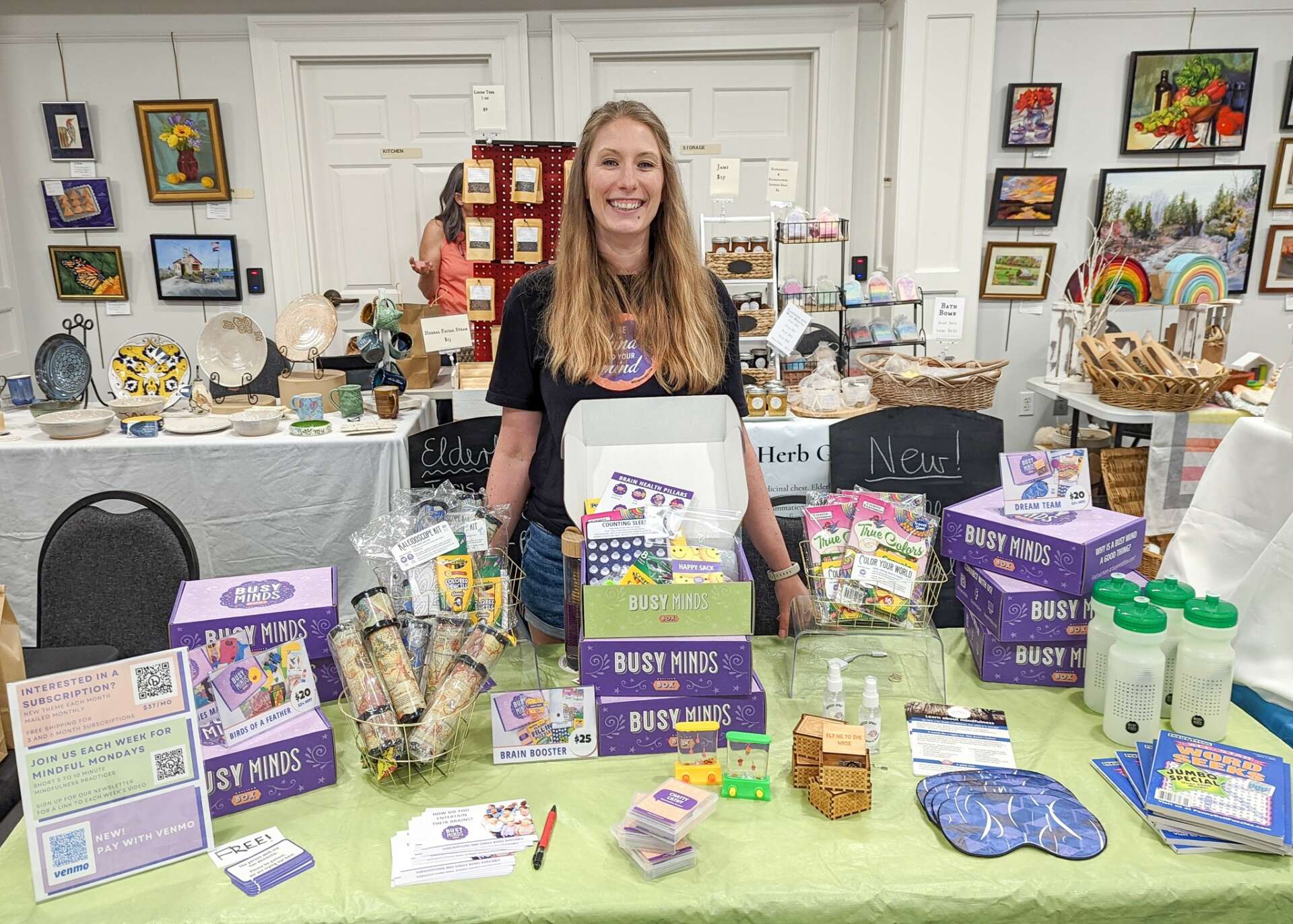

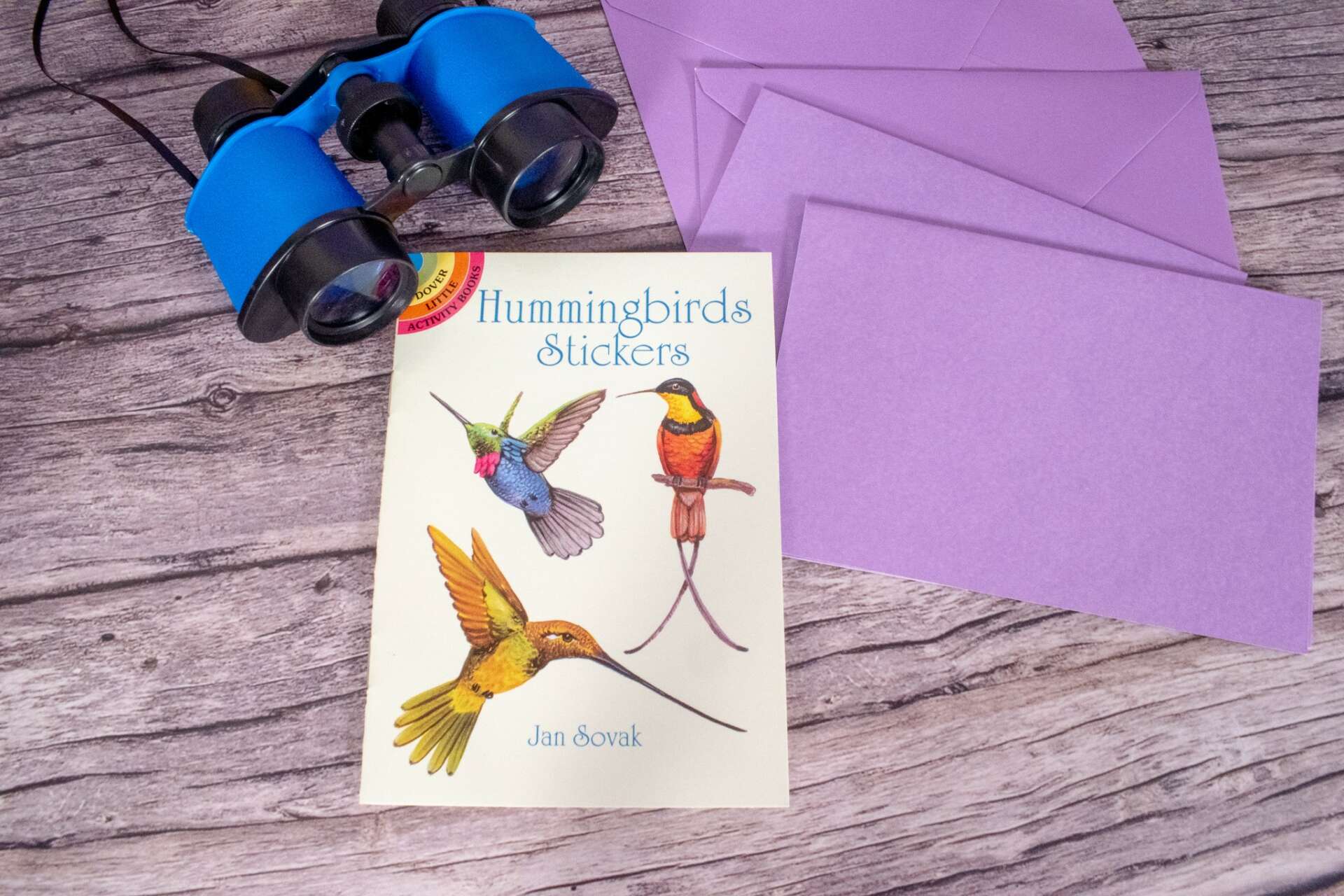
Alright – let’s talk about marketing or sales – do you have any fun stories about a risk you’ve taken or something else exciting on the sales and marketing side?
I was working at my very first farmer’s market, trying to get the word out there about Busy Minds. I am introverted, so it’s hard for me to get out there and strike up random conversations with people, but I was willing to give it a shot. It was almost 90 degrees, the sun was beating down on my tent, and I hadn’t had any customers yet. A woman came up and started talking to me about her mother who has dementia. She fired question after question at me, and it felt more like she wanted to unload her anger about the situation than really ask for help. I answered every question she asked me, but nothing seemed to land. She was negative, bitter, and adamant that nothing I was offering would help her mother. I felt utterly defeated as she walked back toward the parking lot, and I wanted to just pack up everything and leave right there and then. I was absolutely gobsmacked when she came back a few minutes later to purchase some of the activities for her mother. It was my first in-person sale ever, and I remember shaking as I accepted the cash she handed over. I had to work hard for that sale, but it paid off. That moment is forever imprinted in my mind.
Contact Info:
- Website: https://busymindsbox.com/
- Instagram: https://www.instagram.com/busymindsbox/
- Facebook: https://facebook.com/busymindsbox/
- Linkedin: https://www.linkedin.com/company/busy-minds-box/
- Twitter: https://twitter.com/busymindsbox
- Youtube: https://www.youtube.com/channel/UC2096yqtdeh0NuG0GZx4syw


